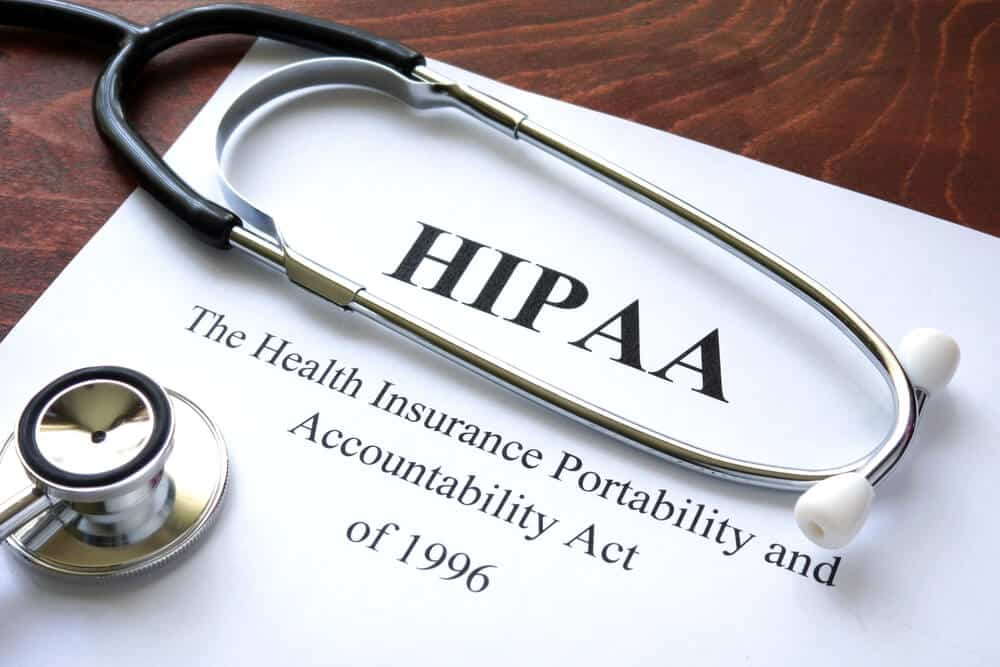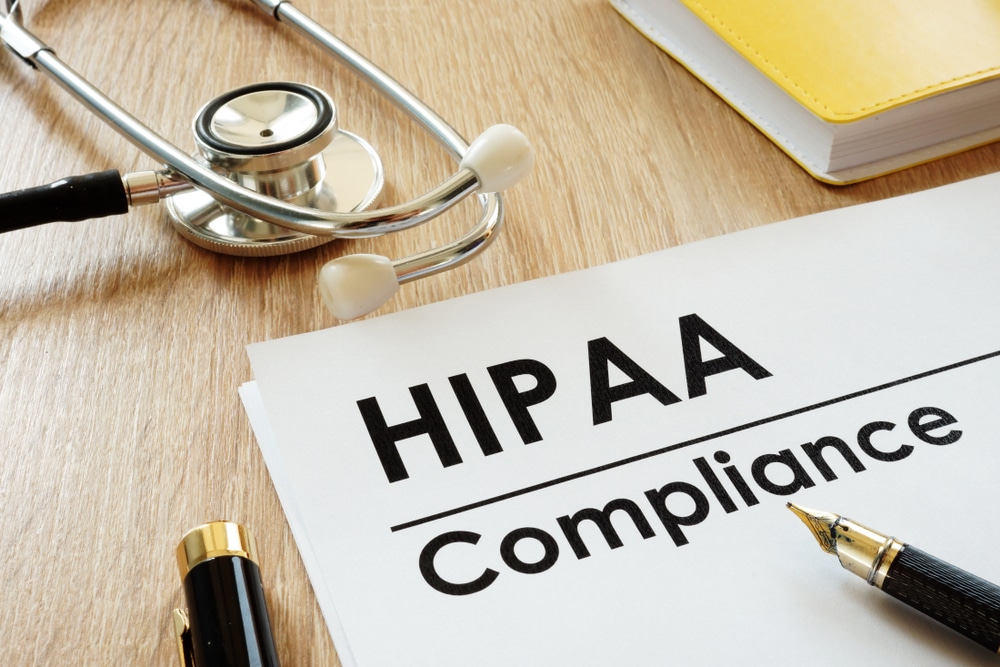HIPAA compliance exists to ensure that your patient’s personal health information is protected from abuse and misuse. While the rules might seem burdensome or silly at times, every rule exists because a situation occurred that, without HIPAA, a dental office and a patient’s personal health information was vulnerable.
More importantly, whether you like HIPAA security rules or not, they are the law of the land. That means your dental office IT must be HIPAA compliant, or you risk several negative consequences, including fines and, in egregious cases, loss of licenses, and jail time. Here is what can happen if your office is not HIPAA compliant.
Why HIPAA Compliance and IT Security Matters to Your Patients
A data breach is more than just the revelation of sensitive information. In some cases, in the wrong hands, it can lead to identity theft, job discrimination, and even extortion of your patients. In one fell swoop, your lax security can cause a patient to have their entire world turned upside down, and the prospects of recovery are grim.
Identity Theft
Suppose your dental office computer system got hacked, and the hacker stole the personal information of all your patients. Here are just a few of the potential consequences:
- Life savings or significant amounts of money stolen
- Credit ratings are ruined by thieves using patient information to take out loans, build credit, etc.
- Being implicated in other crimes because criminals used their data
- Having to spend thousands on damage control
- Bank accounts frozen
Recovery from any of these events can take years and thousands of dollars.
Mental and Emotional Tolls
Not every person will be the victim of a crime, but even knowing your data is out there somewhere, waiting to be exploited, can cause anxiety and depression in some patients. For victims of subsequent crimes, their mental and emotional health can take a huge hit.
Sometimes, it could trigger deeper health issues that devastate a patient.
Discrimination
The best example of how this could work was discrimination when AIDS was first discovered. Many lost jobs and others were discriminated against in restaurants, air travel, hotels, retail outlets, etc. It did not matter that most homosexuals did not have AIDS, what mattered was that they might have, and the public knew nothing about it except it was deadly if you got it.
While, as a society, the AIDS scare has abated, there are many other issues a patient might have in their medical record that, were it known, could lead to discrimination. These include:
- Serious illnesses like cancer
- STDs
- Emotional or mental health issues
- Physical disabilities the patient had not disclosed
Legal processes, like the HIPAA requirements exist to protect against discrimination, but in most cases, recovery of employment, mental or emotional health, or damages, takes time.
Loss of Trust
Your patients will simply not trust you to handle their health data if you are non-HIPAA compliant and suffer a breach. Recovery from that loss of trust can be dramatic and very negative from your perspective. The best you can hope for is that your patients understand but probably will not be as forthcoming with you as you would like.
Loss of Patients Because of Lax HIPAA Dental Office Compliance

Besides the impact on your patients, HIPAA noncompliance can devastate your practice. Imagine, for example, you have a patient that is considering you or your rival dental practice across town, and the only difference is your rival protects their personal health information, and you have a reputation for not protecting their health information.
Who do you think they will choose?
Further, if word gets you your practice is not HIPAA compliant, your current patients will likely act. If a breach occurs, they might leave your practice, badmouth you to whomever they know or even take you to court.
Because you refused to become HIPAA compliant or were lax in its enforcement, you can lose existing and potential customers and spend thousands of dollars defending yourself.
A Costly Investigation
If you have HIPAA violations and it is determined that an investigation is warranted, you will pay for legal counsel and probably a HIPAA compliance expert.
Failing to adhere to HIPAA requirements also runs the risk of fines. Depending on the type of violation, you can also be shut down, have your licenses suspended and face criminal charges.
Noncompliance Discovery
There are a few ways you can be turned in:
- You do it yourself when you discover the compliance issue
- A patient files a complaint against you alleging a HIPAA requirements violation
- A whistleblower alerts the Department of Health and Human Services about your HIPAA security noncompliance
The best case of those three circumstances is that you turn yourself in. At least then, you can update your IT HIPAA security systems and be allowed to correct the situation before any fines or penalties. The worst case is if a patient files against you, although a whistleblower scenario is not much better.
Other Consequences
While losing patients, getting fined, and harming your patients are bad, there are other consequences that HIPAA noncompliance can cause. Those include bad press, earning a reputation for laxness, and being investigated by the local police. In every case, your practice will take a hit.
Is Your Office HIPAA Compliant?

Noncompliance with HIPAA requirements can have devastating consequences. Those consequences affect far more than just having to write an apology letter to your patients. As the above consequences outline, HIPAA compliance is a vital part of a successful dental office.
If you suspect you may have a HIPAA compliance issue, contact Erickson Dental Technologies today to discuss bringing your dental office into compliance.


